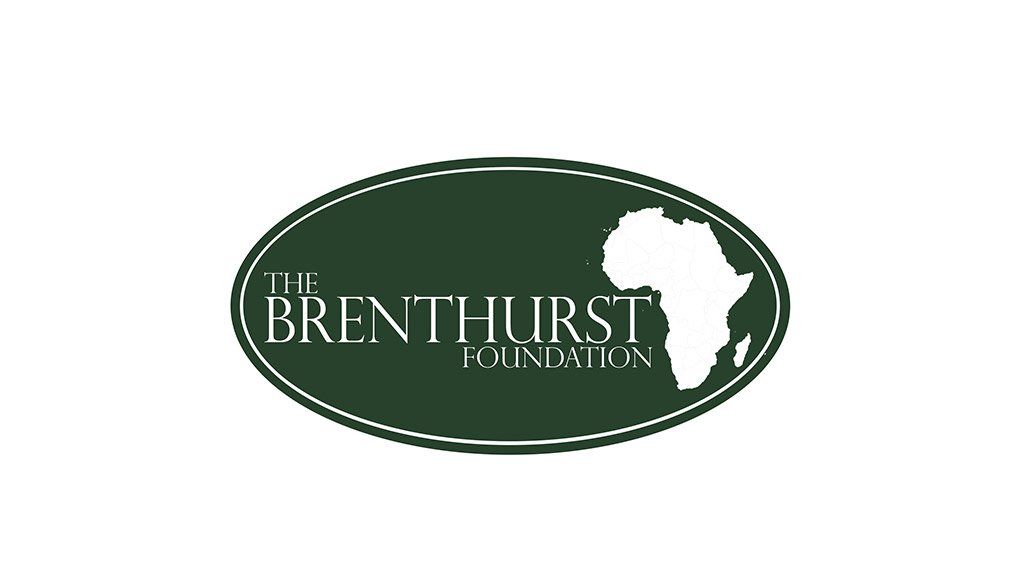Between 2001 and 2019, two million men and women from abroad served in Afghanistan, and more than $2 trillion was expended, an extraordinary, once-in-a-generation commitment of resources to a poor country, a staggering opportunity cost.
As NATO troops prepare to leave Afghanistan by 11 September in the face of a Taliban surge, this documentary asks two timely and critical questions: why did the international intervenors fail in their mission to bring stability to Afghanistan, and how might peace now occur?
Drawing on the two presenters’ vast experience in government and in making peace, and shot in various locations around Afghanistan during February and June-July 2021, this 30-minute production identifies five critical reasons for the West’s failure to bring about peace:
The West’s best wasn’t good enough. The lives of 3,500 international troops plus an estimated 200,000 Afghans have not been sufficient to turn the tide against a highly motivated Taliban. The West’s political leaders have simply lacked the strategy and patience necessary to execute a longer war.
There was no plan. The West’s plan evolved by iteration, subject to changes in personalities – of ambassadors, commanders and politicians. The need for a clear-cut strategy at the outset illustrated an untoward focus on the operational art of the military as the goal morphed from regime change to nation-building, constantly reverse-engineered by facts on the ground. The last 20 years has been about the failure of politics, internationally and regionally, and internally among the Afghans. In particular, little energy has been put into making regional peace – or peace with the Taliban in Afghanistan itself – until very late in the day.
Solutions were driven by fear and a misguided search for institutional relevance. Not only did the West overestimate the value of its agency, but the bureaucratic powerhouse of NATO exacerbated this dynamic, supercharging the detachment, jargon and militarization in its self-interest. The chosen metrics suited the mission until that mission no longer suited the politics of NATO and of its only real enabler, the US.
Geography trumped goodwill. Not only did the Taliban prove to be a formidable and resourceful foe, but they have also received assistance from outside. Most of the neighbourhood has had reason to resent and ultimately reject the Western presence. Pakistan’s perception of the West’s role was, from the outset, shaped by what Islamabad saw as its betrayal after the Soviet retreat in 1989, leaving it with a civil war on its borders and more than three million Afghan refugees within them. Thereafter the US retreated, only to return as an ally after 9/11. Afghanistan increasingly became a casualty of greater strategic interests, including the complex relationship between the West and Pakistan, complicated by the Pakistani-Indian relationship and overall Islamic sentiments towards the Western presence.
A failure of development assistance. With a few exceptions, the metrics of aid became about the volumes of expenditure rather than effect, fuelling vast corruption. Since the vast majority of jobs in developing countries are in the private sector, there is a need to work out exactly what this sector needs to succeed. Afghanistan showed that aid programmes are by and large antithetical to economic development since they are mostly led by those who apparently do not either understand or like business.
The Western withdrawal from Afghanistan has gone hand-in-hand with a narrative of defeat, repeated so often it’s in danger of becoming a self-fulfilling prophecy, one damaging to Western moral authority and the value of its alliance.
Yet the documentary, secondly, argues that this does not mean that all is lost. The struggle of the last 20 years has not failed. It is instead incomplete.
Much has changed in the two decades, not least the embedding of modernity and government within communities. The failure of this modernizing project, as President Ashraf Ghani notes, ‘would condemn the next six generations of Afghans to their fate’.
Afghanistan will now have to find its own way, some of which may be uncomfortable to Western norms and sensitivities, from arming militia to cutting deals with tribal elders.
The way forward will also require implementing a different regional vision – more win-win than the current zero-sum – in which there are potentially rich rewards.
There are myriad commercial and thus political opportunities in closer regional integration – from the cheaper data flows and improved banking services that would result from shared fibre-optic belts, to hydro-power complexes – akin to what Ghani describes as an Asian Roundabout.
Having the West in Afghanistan did not deliver a victory. The question examined in this documentary by The Brenthurst Foundation is: Can its departure allow for one?
EMAIL THIS ARTICLE SAVE THIS ARTICLE ARTICLE ENQUIRY
To subscribe email subscriptions@creamermedia.co.za or click here
To advertise email advertising@creamermedia.co.za or click here











